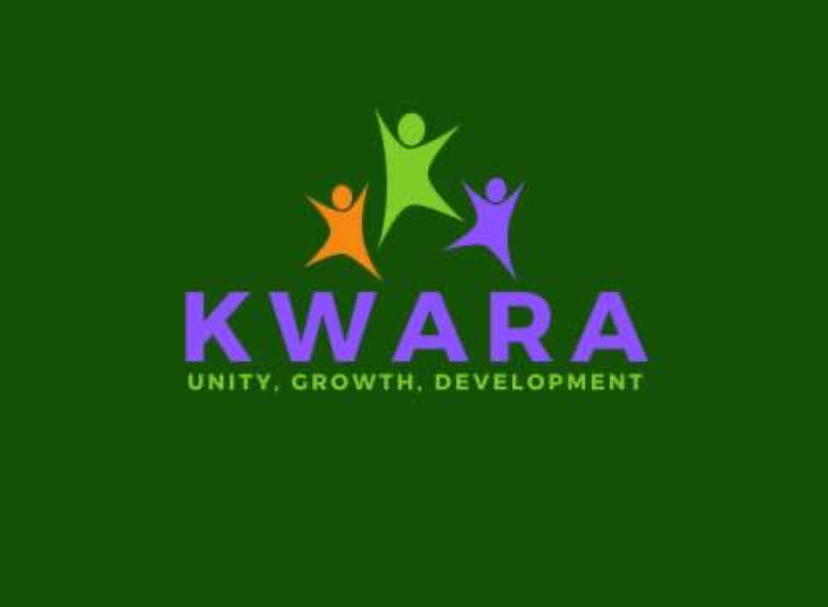The Kwara State Government’s recent initiative to alleviate poverty by distributing ₦25,000 to 20,000 beneficiaries has ignited a vigorous debate among members of the Kwara Growth, Unity, and Development (Kwara GUD) WhatsApp platform.
This measure, aimed at mitigating the impact of fuel subsidy removal, has raised questions about the overall effectiveness of palliatives in addressing long-term poverty.
Participants in the discussion argue that the ₦500 million allocated for this scheme could have been more effectively utilized. Some suggest that supporting 200-300 young entrepreneurs in Kwara with viable business ideas would create a more substantial and lasting impact, generating job opportunities and fostering economic growth.
This debate underscores the broader issues surrounding poverty alleviation strategies in Nigeria. While palliative measures may offer immediate relief, they often fail to address the root causes of poverty.
In contrast, empowerment initiatives have the potential to create sustainable wealth and job opportunities. The discussion on the Kwara GUD platform brings to light the need for a more nuanced understanding and approach to tackling poverty.
In states like Kwara, where poverty is a pervasive challenge, the economics of poverty alleviation is a critical concern. Nigeria’s economic struggles, including high inflation, unemployment, and a heavy reliance on oil, have compounded the issue.
The recent removal of fuel subsidies has further strained the financial stability of many Nigerians, including civil and public servants, who are finding it increasingly difficult to make ends meet.
The Kwara State scenario illustrates the necessity for a strategic shift in poverty alleviation efforts. By supporting youth with innovative business ideas and providing adequate single-digit interest loans to small and medium enterprises, the government can foster an environment conducive to job creation and wealth generation.
This strategic approach calls for a transition from temporary palliatives to sustainable empowerment programs, promising a more enduring positive impact on the state’s economy.
As the Kwara GUD members continue to engage in this important debate, the broader implications are evident. Effective poverty alleviation requires a multifaceted strategy that addresses the underlying causes of poverty rather than merely offering short-term solutions. By adopting a more strategic approach, Kwara State can make significant strides in reducing poverty and creating a more prosperous future for its citizens.



